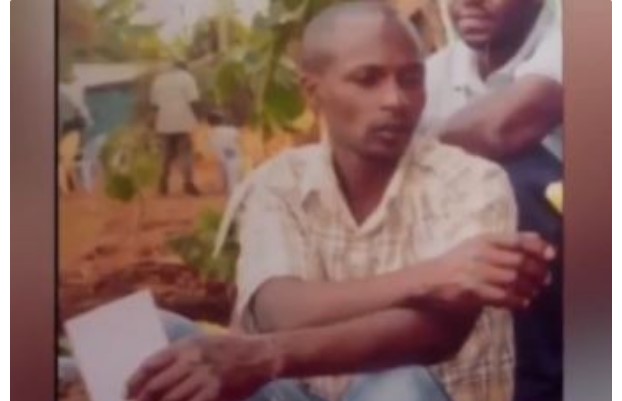The quiet villages of Kiambu County were recently shaken by a tragedy that no one could have anticipated. A young man, Stephen Njoroge, lost his life after what began as a lighthearted quarrel over a football match between Manchester United and Chelsea spiraled into fatal violence. The suspect, his own cousin James Mbugua, allegedly stabbed him during the argument before fleeing the scene.
This heartbreaking incident underscores the fragility of human life and the thin line between normal disagreements and irreversible consequences. Family members who witnessed the events say the quarrel started as a joke but quickly escalated, worsened by alcohol consumption. In a matter of minutes, a bond of kinship was broken and a life was lost forever.
The death of Njoroge, described by friends and neighbours as a kind and peaceful man, is a painful reminder that violence can erupt even in the safest of places and among the closest of relatives. Communities often look at external threats when thinking about safety, yet many of the dangers emerge from within families and social circles.
Beyond the grief of one family, this tragedy raises important questions about the society we are building. How do we address the culture of violence that makes people resort to weapons in moments of anger? How do we deal with the excessive use of alcohol that often fuels such reckless acts? And more urgently, how do we create systems that promote conflict resolution and non-violent communication within families?
Justice for Njoroge must be swift and thorough. Authorities must pursue the suspect and ensure he faces the full force of the law. The message must be clear: life is sacred, and those who take it away cannot walk free. Justice is not only about punishing the guilty but also about restoring the confidence of communities that the rule of law still holds.
Yet, justice alone is not enough. This tragedy must also serve as a wake-up call for society. Community leaders, educators, and families need to work together to teach young people that disagreements — whether about politics, money, or even football — can never justify violence. Schools and local organizations can play a role in promoting emotional intelligence, anger management, and peaceful conflict resolution.
The story of Stephen Njoroge is not just about a quarrel gone wrong. It is about the urgent need to confront the deeper social issues — alcoholism, domestic conflict, and the normalization of violence — that continue to claim innocent lives. His death is a painful loss, but if it spurs communities into reflection and action, then his memory can inspire change.


